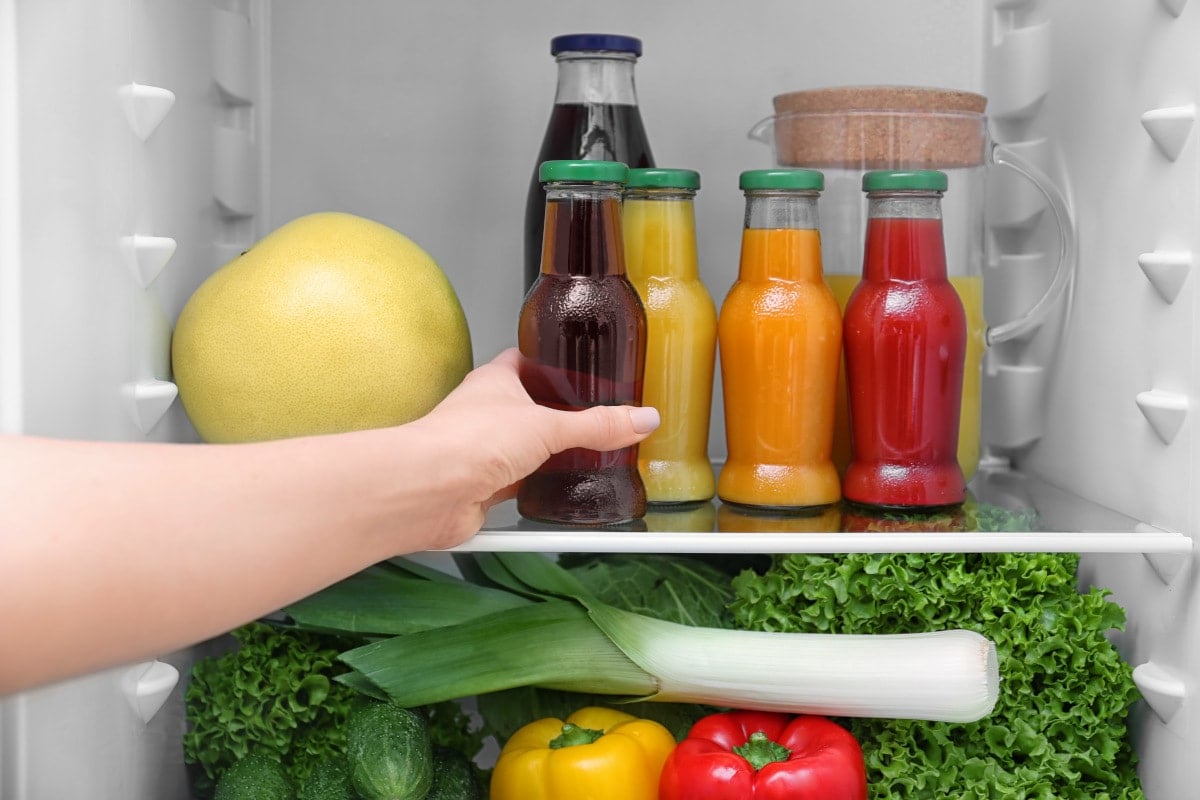There's nothing quite like the burst of flavor from a freshly squeezed juice. Whether it's a vibrant citrus blend, a refreshing watermelon concoction, or a green kale and apple medley, the question of how long you can keep that liquid sunshine in the fridge often arises. In this blog post, we'll dive into the shelf life of fresh juice, exploring factors that influence its longevity and offering tips to ensure your homemade elixirs stay delicious for as long as possible.
Understanding the Shelf Life
The lifespan of fresh juice in the fridge depends on various factors such as the type of juice, the extraction method, and whether or not preservatives are added. Generally, unpasteurized juices have a shorter shelf life than their pasteurized counterparts due to the absence of heat treatment. Citrus juices tend to last longer than those made from more perishable fruits and vegetables.
Factors Influencing Fresh Juice Longevity
Oxygen, light, and temperature play crucial roles in determining how long fresh juice will maintain its quality. Oxygen exposure can lead to oxidation, causing the juice to lose its vibrant color and fresh taste. Store juice in airtight containers, minimizing the headspace to reduce oxygen contact. Keep juice away from direct sunlight and store it in the coldest part of the fridge to slow down the deterioration process.
Citrus Juices: A Longer Shelf Life
Citrus juices, such as orange and grapefruit, generally have a longer shelf life compared to more delicate fruit juices. The natural acidity in citrus acts as a preservative, inhibiting the growth of harmful microorganisms. However, it's still essential to refrigerate citrus juices promptly to maintain their freshness.
Homemade vs. Store-Bought
Homemade juices, particularly those without preservatives, may have a shorter shelf life than commercially produced options. Store-bought juices often undergo pasteurization and may contain preservatives, allowing them to last longer. When making your own juice, consider small batches to ensure you consume it within the optimal timeframe.
Signs of Spoilage and Tips for Storage
Keep an eye out for changes in color, odor, or taste, as these can be indicators of spoilage. If you notice any of these signs, it's best to err on the side of caution and discard the juice. To prolong freshness, store juice in glass containers, as they are less permeable than plastic. Additionally, promptly refrigerate any leftover juice and consume it within 24 to 48 hours for the best quality.
Freshly squeezed juice is a delightful way to enjoy the natural goodness of fruits and vegetables. By understanding the factors that influence freshness and implementing proper storage practices, you can extend the shelf life of your homemade juices and continue sipping on healthful, flavorful concoctions. Cheers to keeping your juice as fresh as the day it was pressed!


No comments yet